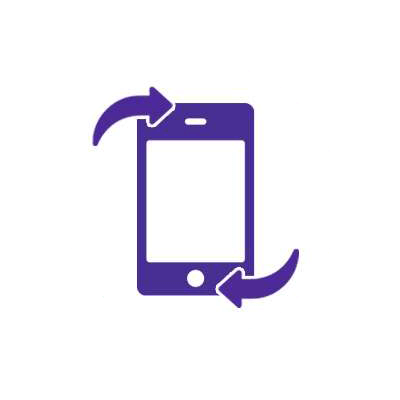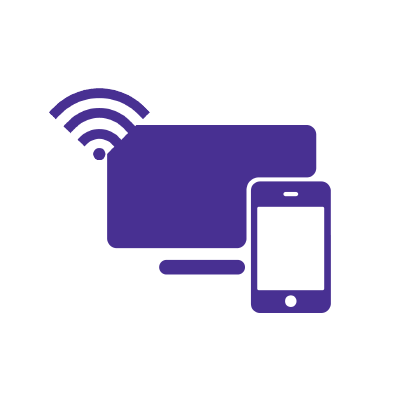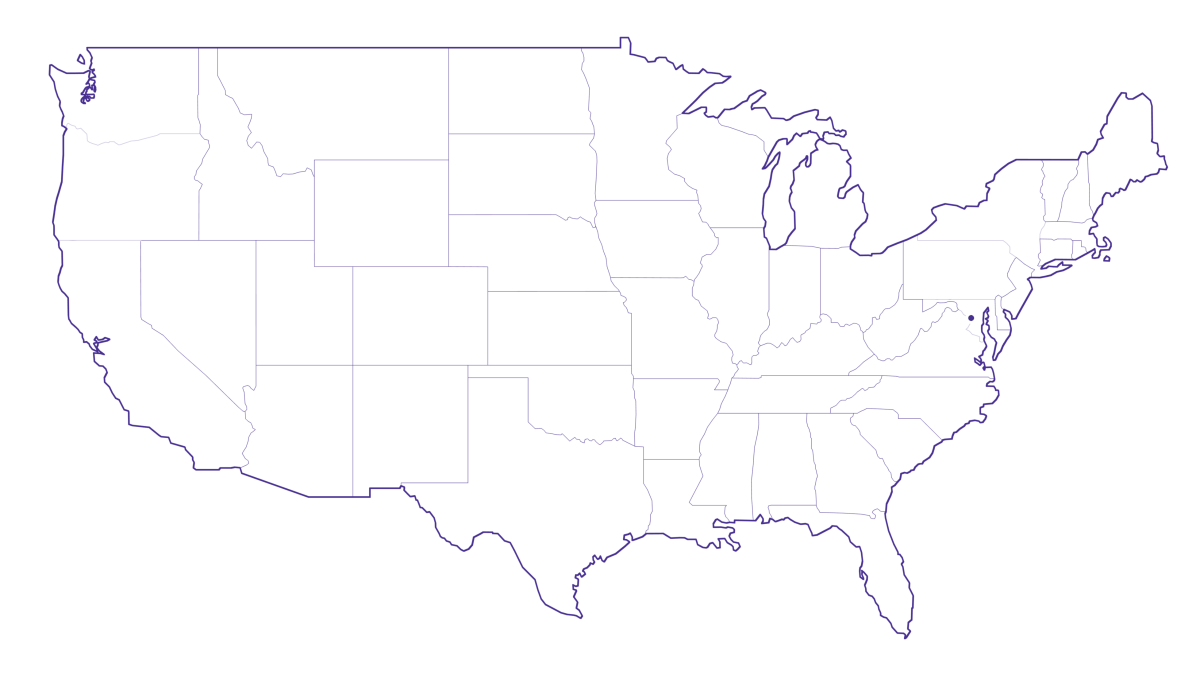Do I need a new SIM card to switch carriers?

There are lots of reasons you may want to switch mobile carriers, whether you’re on the hunt for better network coverage, faster data speeds, or a cheaper bill.
You may not know whether you need a new SIM card when you switch mobile providers or if the new provider can use your current one. This article will explain what a SIM card is, whether you need a new one when changing carriers or upgrading phones, and how to obtain a new one.
Switching is easy
Switch & Save
Getting started with Astound is easy: just bring your phone or find a new one, pick a plan and add internet.

What is a SIM card?
The word “SIM” in SIM cards stands for Subscriber Identity Module. A SIM card is a small, smart, portable chip that contains details about you as a mobile network subscriber.
Video tutorial: What is a SIM card
SIM cards have a seventeen-digit code that includes the country code of origin, the network carrier, and a special user ID. The SIM card allows your mobile phone to accept calls, send SMS messages, and connect to mobile data for internet services.
A SIM card carries private data including your phone number, unique identification, location details, and security codes. The SIM card also contains a small amount of memory that can securely store up to 250 contacts, text messages, call logs, and other information utilized by the carrier that issued the card. This data can be transferred between phones by switching the SIM card from one device to another.
A newer SIM card technology called an embedded SIM card (eSIM) is built into a phone’s motherboard and cannot be removed. It works similarly to physical SIM cards, but a physical SIM card is not needed because eSIMs can be activated online or through the carrier’s app.
Do I need a new SIM card when switching carriers?
When switching carriers, you typically have to obtain a new SIM card that is linked to your new provider, mobile plan, and billing account. Every carrier offers a unique SIM card that works with their network, and these SIM cards are connected to particular billing accounts and plans.
Learn more: How to use dual SIM cards on your phone
Your new carrier may offer you a new SIM card as part of the switching process or you may have to purchase a new SIM card separately.
Some phone devices are locked to the network carrier they were purchased from. This means that the SIM card will only work in a device supplied by that carrier. It will not work in a device sold by another carrier.
If your phone is locked to your current carrier, you will have to get it unlocked by your carrier. After your phone is fully unlocked, you can add a new SIM card or sign up for an eSIM to activate your new service.
While switching carriers is usually simple, it can result in additional costs.
- Your carrier may impose an early termination fee for canceling before the agreed upon time period.
- If you’re paying for your phone in installments, you must pay for the phone in full before leaving your carrier.
- You must pay any outstanding bills from your current carrier before switching to a new one to avoid penalties or legal action.
Once you’ve received the new SIM card, you’ll need to activate it according to the instructions from your carrier. If your phone uses an eSIM, your carrier will either send you a QR code to scan or provide you with an activation number to enter in your phone’s settings.
See how much you can save
Save with Astound
Check out our savings calculator to see the change in your bill when you build a plan with Astound.

Do I need a new SIM card for a new phone?
If you purchase a new phone and continue with the same carrier, you can typically use your old SIM card. As long as the new SIM card is the correct size and type to be compatible with your new phone, you can simply take the SIM card from your old phone and place it in the new one.
In some cases, you may need a new SIM card even if you aren’t switching carriers and are using a compatible device. This could happen if your old phone and new phone support different types of SIMs or if you purchased a locked phone from a carrier that requires you to buy a SIM card from them.
Also, most modern cell phones use the Global System for Mobile Communication (GSM) and Code Division Multiple Access (CDMA) technologies. GSM phones require SIM cards to link the phone to the carrier network, while CDMA phones don’t use SIM cards at all. If you buy a CDMA phone, you will have to use the new CDMA phone number and cannot use your old SIM card.
How do I get a new SIM card?
After you have decided on a new carrier, you will need to sign up for a plan. You will usually be asked to order a new SIM card as part of the process.
If you want to switch cell phone carriers but don’t want to lose your current phone number, you can request that your number be ported to your new carrier. Verify with your new service provider that you are eligible to port the number, which can usually be done online, at the store, or over the phone.
Don’t cancel your current carrier’s phone service before contacting your new mobile provider because your phone number cannot be ported once it is deactivated.
You’ll need to submit your cell phone account information to the new carrier to process the port request for your phone number.
Information needed includes:
- Your account number
- PIN number or password
- If you’re using your current phone, you may be asked to submit its ESN or IMEI number
Your new service provider will then reach out to your current provider to begin the porting procedure.
Mobile + Internet + TV
Switch to Astound
Get Astound Mobile, Internet and TV—and save on the best services available.

Frequently Asked Questions
Where do I put my SIM?
If you have an iPhone, you’ll find the SIM tray on the side of your phone. If you have an Android device, the SIM tray will be on the top of the phone. You’ll know you found the SIM tray when you see a long oval shape with a tiny little hole (about the size of a pinhole).
Have an older model phone? Check behind the battery of the phone for your SIM slot.
If your device can hold two SIM cards, place your new Astound Mobile SIM card into the first tray (it will be labeled as the first tray) to ensure you receive proper coverage.
Are there any charges associated with leaving my carrier?
Depending on the conditions of your service agreement, terminating your current carrier can incur fees. Some of the fees you might be charged include an early termination fee for terminating a contract with a carrier early. If you were purchasing a cell phone in installments, you may be required to pay off the entire sum before leaving your carrier. Also, you must clear all outstanding bills with your current carrier before switching to a new one.
Can I keep my phone number when I bring my phone to Astound Mobile?
Yes, you can keep your phone number when switching to Astound Mobile. We accept phone numbers from all carriers. Do not cancel service with your current carrier until you’ve successfully transferred your phone number to Astound Mobile.
To transfer your phone number to Astound Mobile, it’s critical to have your account information from your current carrier, including your account number, PIN, and billing zip code, for the activation process. Learn more about the activation process.
Save with Mobile & Internet Together
Get the mobile service, home internet & streaming that’s just right for you.
Astound Mobile requires Astound Internet service. Coverage not available in all areas. A trademark of Ziff Davis, LLC. Used under license. Reprinted with permission. Where available. © 2024 Ziff Davis, LLC. All Rights Reserved. All names, logos, images and service marks are property of their respective owners. ©2025 Radiate Hold Co., LLC d/b/a Astound Broadband. All rights reserved.
This website contains instructional information, including from third-party sources, and is intended, but cannot be guaranteed, to be always up-to-date, complete and accurate. Astound does not endorse, and is not responsible for, any third-party content that may be accessed through this website. Any representation or warranty by Astound that might be otherwise implied by information on this website is expressly disclaimed. Astound expressly disclaims all liability or responsibility with respect to actions taken or not taken based on any or all of the instructional information contained on this website. Astound does not warrant or guarantee the availability of any services at any specific time or geographic location or that services will be provided without interruption. Not all aspects of the Astound services function on all equipment and devices. Use of this website is subject to the Web Site Disclaimer and Web Content Accessibility Policy.
























